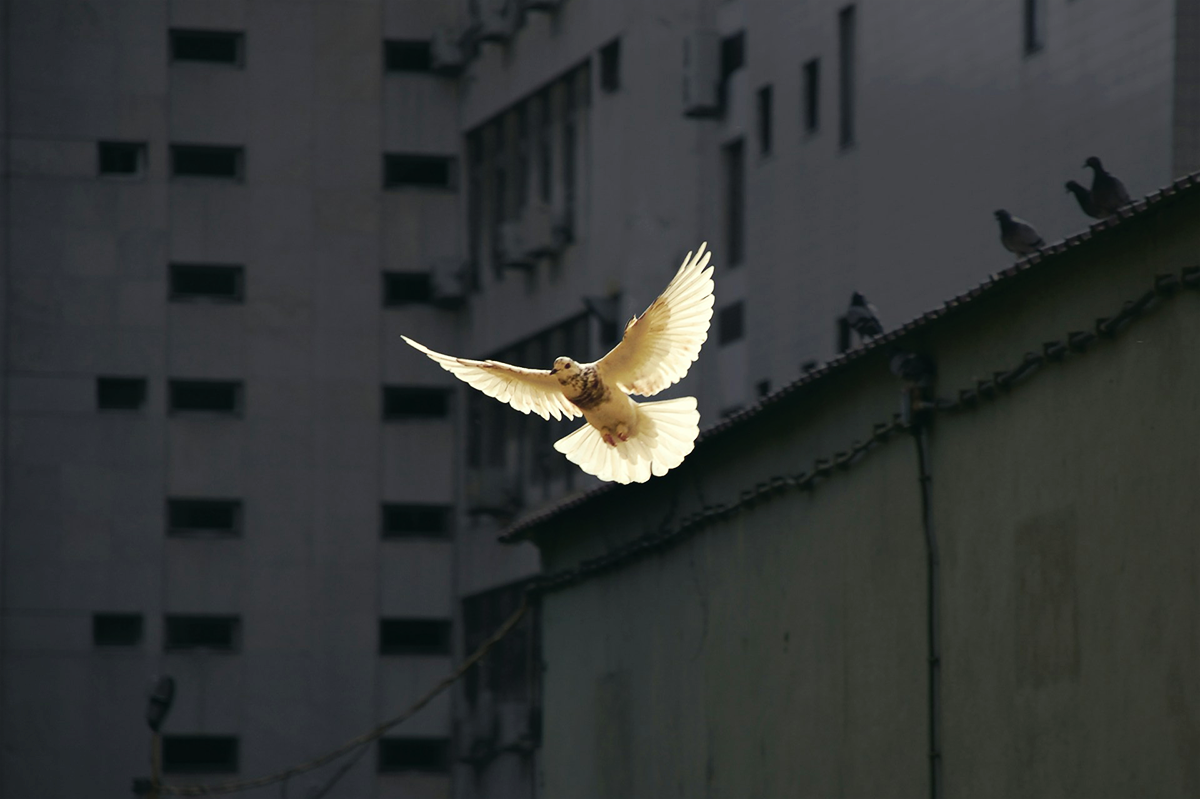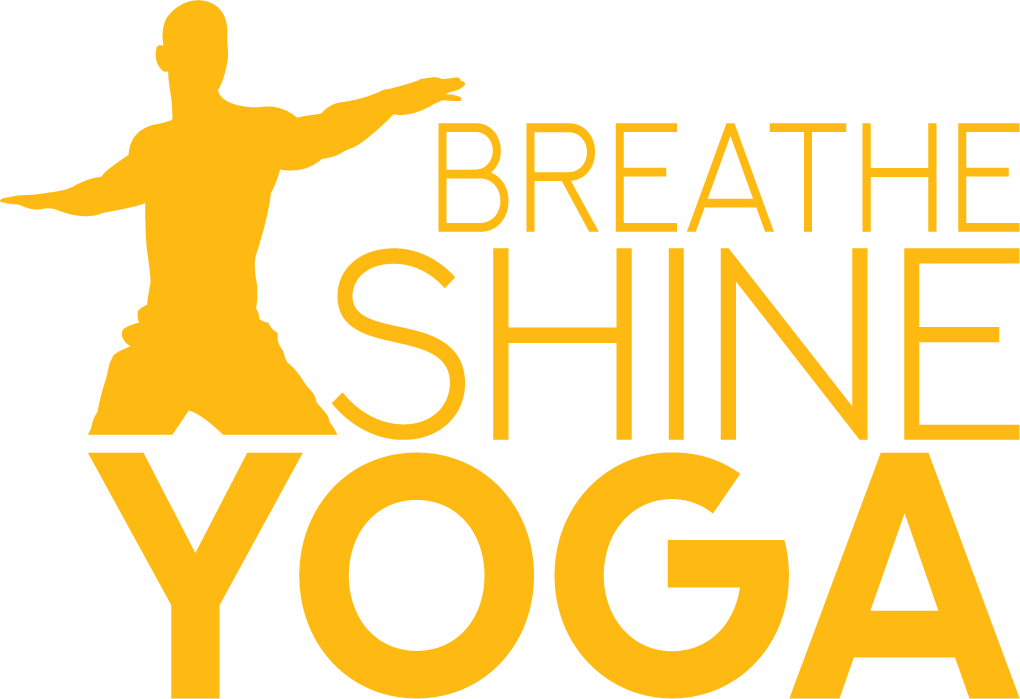
Dear Son, dear young people,
I’ve kept thinking about our recent exchange, and I want to share a few more reflections with you, always in friendship, but also with the conviction that these questions are too important to treat lightly.You argued that international law doesn’t really exist, and therefore, conquest or territorial expansion by force could be justified. However, what I find important is that even if it is imperfectly enforced, international law is not an illusion. It is the very fabric that allows our interconnected world to function at all.
Think about it:
► Commerce & Trade: Every time goods move across borders, whether it’s grain from Ukraine, electronics from South Korea, or oil from the Gulf, they do so under a dense network of treaties, conventions, and international agreements. Without international trade law (WTO rules, maritime conventions, and arbitration courts), global markets would collapse into chaos, piracy, and pure might-makes-right.
► Travel & Aviation: The fact that you and I can board a plane in one country and land safely in another relies on international aviation law. Agreements under ICAO standardize everything from air traffic rules to safety regulations. Without that framework, air travel would be impossible.
► Intellectual Property: The music we stream, the films we watch, the medicines we depend on, these exist thanks to international agreements like the Berne Convention and the TRIPS Agreement. They allow inventors, creators, and researchers across borders to share their work and still retain rights.
► Diplomatic Relations: When states send ambassadors, open embassies, or negotiate treaties, they operate under the Vienna Convention on Diplomatic Relations. Without it, envoys could be arrested, embassies stormed, and no trust would be possible.
► Humanitarian Law: Conventions like the Geneva Conventions, signed by nearly every state, create rules in times of war. They forbid targeting civilians, protect prisoners of war, and prohibit torture. Again, not always honored, but when violations occur, they are recognized as “violations”. That recognition matters. It’s what allows tribunals in The Hague to prosecute war crimes and what gives victims at least the dignity of having their suffering acknowledged as injustice, not “collateral fate.”
So international law is not some abstract fantasy: it is the invisible infrastructure of global life. To say it doesn’t exist is like saying traffic lights don’t exist because some people run red lights. They may not always be respected, but without them, the entire system would collapse.
This is why I struggle with the idea that conquest or dispossession could ever be justified. If we excuse it for one person in one place, what stops others from following? The principle that borders cannot be changed by force is one of the few pillars that prevent the world from sliding back into endless cycles of conquest and retaliation.
And when it comes to dismissing reports of atrocities as fabrications, yes, propaganda exists, but independent bodies like Amnesty International, the UN, Human Rights Watch, and the Red Cross do not simply echo one side’s narrative. They work painstakingly to verify facts, often at risk to their staff. To brush aside all such reports as “fabrications” is not skepticism, it is cynicism, and it blinds us to real human suffering.
But beyond the legal and political framework, there is something deeper: conscience. International law is humanity’s imperfect attempt to restrain our worst impulses—to say that we recognize the equal worth of all people, and that their dignity is not negotiable. When those rules are dismissed as meaningless, what remains is raw power, and that is precisely the world that produced so many of the tragedies we claim to have learned from.
And this brings me to you. You are young, educated, and capable of processing more information than perhaps any generation before you. You are also the heir of a history that should sharpen your sense of justice: one great-uncle who risked his life in the French Resistance against occupation and tyranny, and a great-grandfather who lived under the brutal reality of colonization in West Africa. Both of those legacies carry scars. Both remind us what it means to resist oppression, and what it feels like to be stripped of sovereignty, dignity, and voice.
So my question to you is this: how can someone with that lineage, with that education, with that capacity for thought, find it comfortable, intellectually or morally, to normalize fundamental injustice, simply because it is wrapped in the voice of a state, perpetuated through decades of aggressive lobbying, and shielded behind the blackmail of “antisemitism” whenever it is criticized?
And beyond that, what does it say about the value of the education system itself, if it can sharpen the intellect yet fail to spark the conscience?
With respect and friendship,
Stéphane Kouamé
(Son of the Man, Father of the Man)
Sharing practices and information that help people live more connected to their aspirations and take inspired action…

